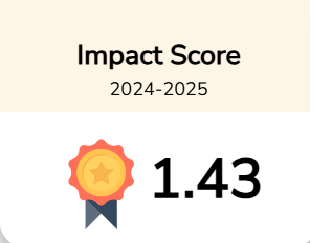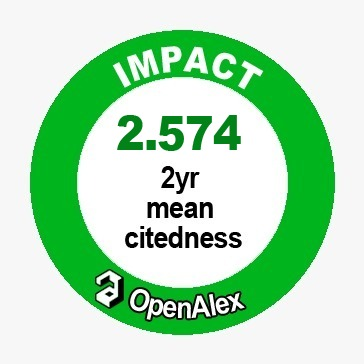Assessment of the internal control system mechanisms among selected state governments in Nigeria
Downloads
Purpose: The study assessed the existence and implementation of the internal control system mechanisms of three purposively selected state governments in southwestern Nigeria.
Design/Methodology/Approach: The study adopted a descriptive survey research design. Primary data were obtained through a structured questionnaire administered to 450 staff members of both the Accountant General and Auditor General of the three southwestern states which include Lagos, Oyo and Ondo states. The Committee of Sponsoring Organizations Treadway Commission (COSO) framework is used to assess the existence and extent of implementation of internal control system mechanisms in the states. Descriptive statistics were used to analyze the data obtained.
Findings: The results showed that control environment (36.6%), risk assessment (42.7%), control activities (37.9%) and information and communication (39%) were moderately in existence but not fully implemented because the percentage fell below average while monitoring (38.7%) was highly implemented among the selected state governments in southwestern Nigeria.
Conclusion: The study found that state governments have internal control systems in place but they are not completely operational. Hence, mitigants against financial fraud, errors and misapplication of public funds are weak.
Research Limitations and Implementation: The sample of the study could be expanded to include more states in other geopolitical zones of the country.
Practical Implications: The study proposed strict adherence to all the elements and contents of the COSO framework in the design, set up and implementation of internal control mechanisms in public sector entities.





